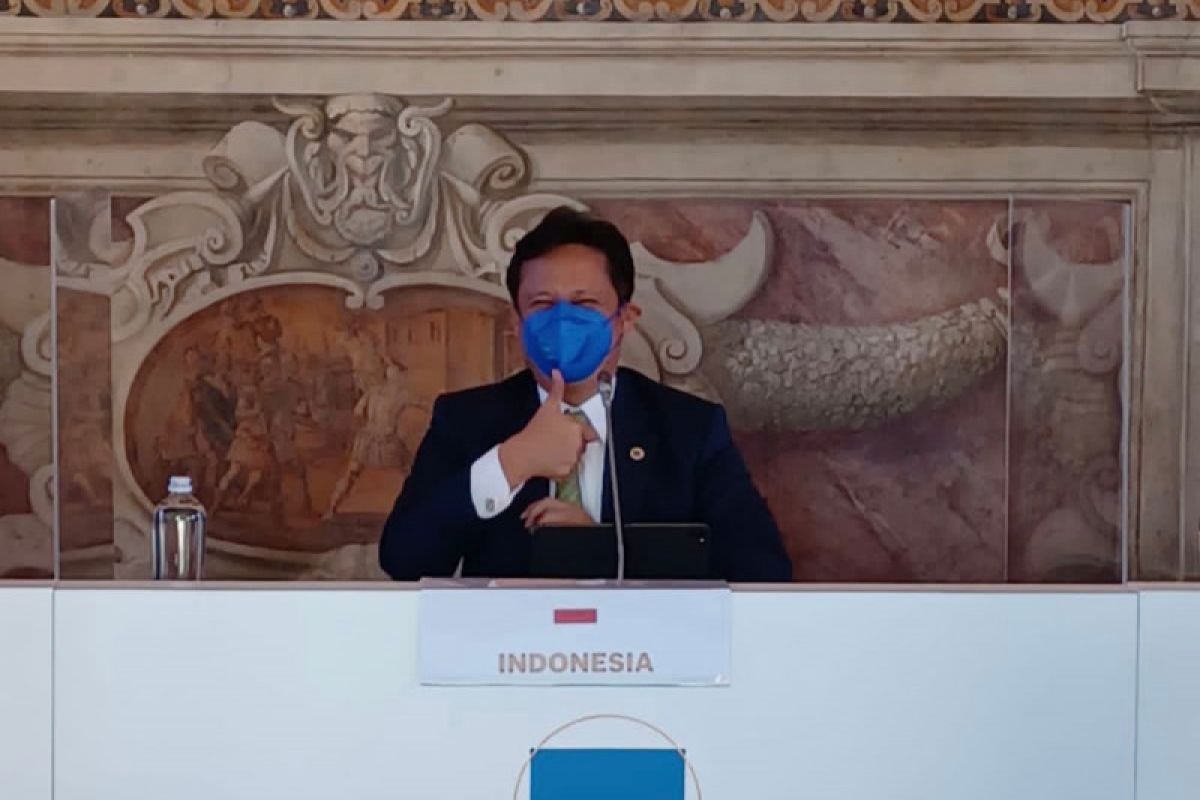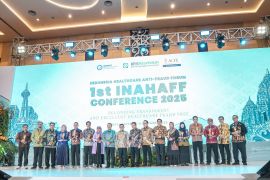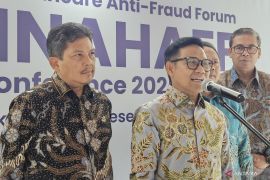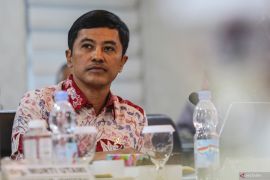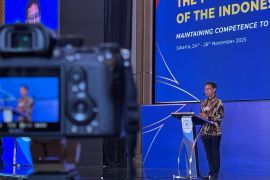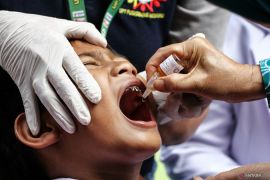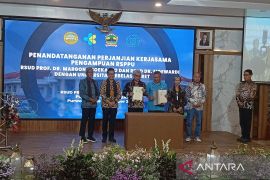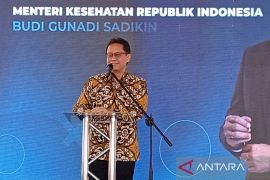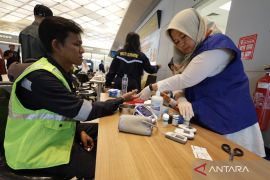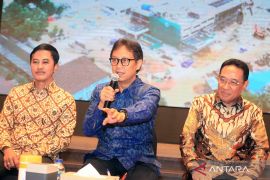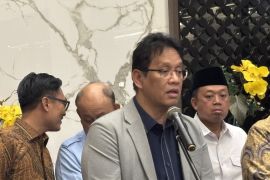At the meeting held in Roma, Italy, on Sept 5, Minister Sadikin highlighted the ongoing weakness and inequality in the global health system, according to a written statement issued by the Ministry of Health and received here on Thursday.
"Today, the COVID-19 crisis has brought to light the weakness and inequality of our global health system in dealing with public health emergencies," he pointed out.
Globally, at least one vaccine dose has, so far, been administered to 40 percent of the global population.
However, Sadikin pointed out that every four out of the five doses went to people in upper middle- and high-income countries.
"Only 20 percent of the global vaccine supplies are available to developing countries, although they made up nearly half of the world’s population. This needs to change," he emphasized.
Related news: Indonesia joins push for sustainable health through GHSP
"An infectious disease raging in any corner of the world is only one flight away from almost wherever we are. Hence, if we want to emerge safely from this pandemic, we must do it together," he stressed.
Hence, Sadikin accentuated that equitable access to vaccines through the COVAX-facility is the most concrete action taken in the short term.
For the long term, Sadikin noted that countries have to work together to multiply the global capacity of vaccine production in order to develop more resilient health systems.
"We are ready to play our role. We are so eager to become a regional hub for vaccine production, and together, we can cater to the world’s needs," he stated.
"Moving forward to our shared vision to recover better, G20 countries should play a significant role in developing a stronger global health architecture. Extraordinary event needs extraordinary response," he stressed.
Assuming Indonesia’s role in the next G20 presidency and along with the US, as the co-chair of the Working Group on Strengthening WHO Preparedness and Response to Health Emergencies (WGPR), the Indonesian health minister proposed some notions.
Related news: Indonesia launches Global Health Security Programme with FAO, USAID
First, he emphasized the need for a global policy and instrument on health protocols that will ensure safe and standardized cross-border interconnectivity, be it according to one's vaccination status, testing results, or health status, in general.
"Just like a passport that is standardized and internationally recognized," he stated.
The second aspect pointed out by the minister was the need for a global policy and instrument on the pooling of resources that can be rapidly disbursed to countries in need in the event of another emerging health crisis in future.
"Just like the IMF in the financial sector that can come to the rescue if there is a monetary crisis in a country. In the spirit of partnership, we need to build this instrument with the principles of accountability, transparency, and participation," he expounded.
Related news: Indonesia hosts Foreign Policy and Global Health Forum
Reporter: Yuni Arisandy Sinaga
Editor: Rahmad Nasution
Copyright © ANTARA 2021
